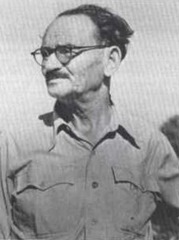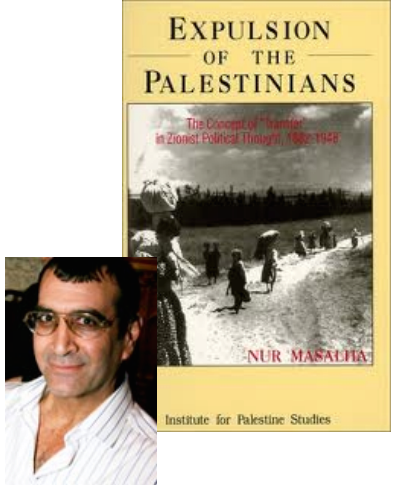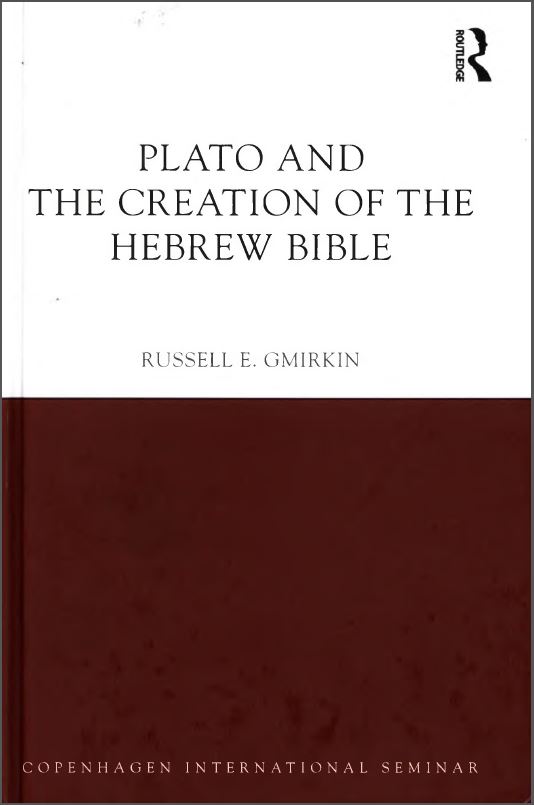This post is for anyone who loathes racism, both anti-Jewish and anti-Arab, and who feels they have not heard details of the Palestinian side of the history of the establishment of Israel in 1948. It continues a series of posts I have been doing on a book by Palestinian historian Nur Masalha titled Expulsion of the Palestinians: The Concept of “Transfer” in Zionist Political Thought, 1882-1948. As the title indicates, the research Masalha addresses is the extent to which the Jewish Zionist movement was seriously preparing to transfer the Arabs out of Palestine prior to 1948. The significance of the research is that it indicates that the popular notion that the Palestinians virtually voluntarily left Palestine at the establishment of the state of Israel and the first war with the neighbouring Arab states is a myth.
So if you are someone who cannot tolerate any suggestion that there could possibly be two sides to the situation besetting Palestine today then don’t read any further. If you are obsessed with a one-sided narrative that Israelis are saintly innocent victims and Palestinian Arabs are devilish bloodthirsty monsters, go away.
Thank you.
—
Below are extracts from a diary of Yosef Weitz, director of department responsible for land acquisition and distribution in Palestine in the years leading up to 1948. Weitz was typical of many of his fellow-leaders of the Jewish settlements in Palestine, believing strongly in the necessity of Arab transfer from Palestine to make room for Jewish settlers. Nur Masalha describes his unedited diaries, now in the Central Zionist Archives in Jerusalem, as
One of the best sources of insight into the Yishuv leadership’s transfer ideas during World War II. (1992, p. 131)
All bolding of text is my own.

20 December, 1940:
Amongst ourselves it must be clear that there is no room for both peoples in this country. No “development” will bring us closer to our aim to be an independent people in this small country. After the Arabs are transferred, the country will be wide open for us; with the Arabs staying the country will remain narrow and restricted. When the war is over, and the English have emerged victorious and when the judging nations sit on the throne of law, our people should bring their petitions and claims before them; and the only solution is that the Land of Israel, or at least the Western Land of Israel [i.e., Palestine], without Arabs. There is no room for compromise on this point. The Zionist work so far, in terms of preparation and paving the way for the creation of the Hebrew state in the Land of Israel, has been good and was able to satisfy itself with land purchasing but this will not bring about the state; that must come about simultaneously in the manner of redemption (here is the meaning of the Messianic idea). The only way is to transfer the Arabs from here to neighbouring countries, all of them, except perhaps Bethlehem, Nazareth, and Old Jerusalem. And the transfer must be done through their absorption in Iraq and Syria and even in Transjordan. For that goal, money will be found — even a lot of money. And only then will the country be able to absorb millions of Jews and a solution will be found to the Jewish question. There is no other solution.
18th March, 1941: Continue reading “Expulsion of the Palestinians: Insights into Yishuv’s Transfer Ideas in World War 2”



